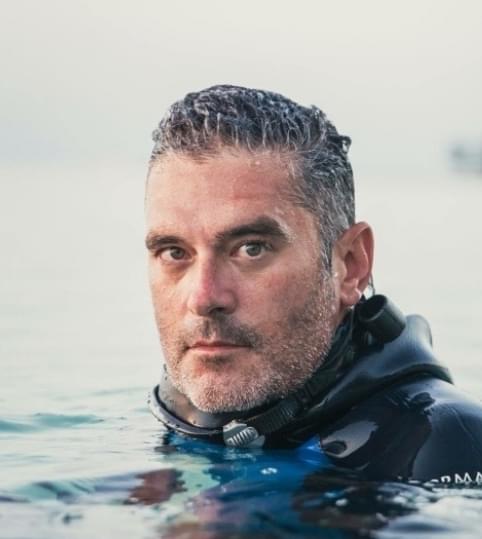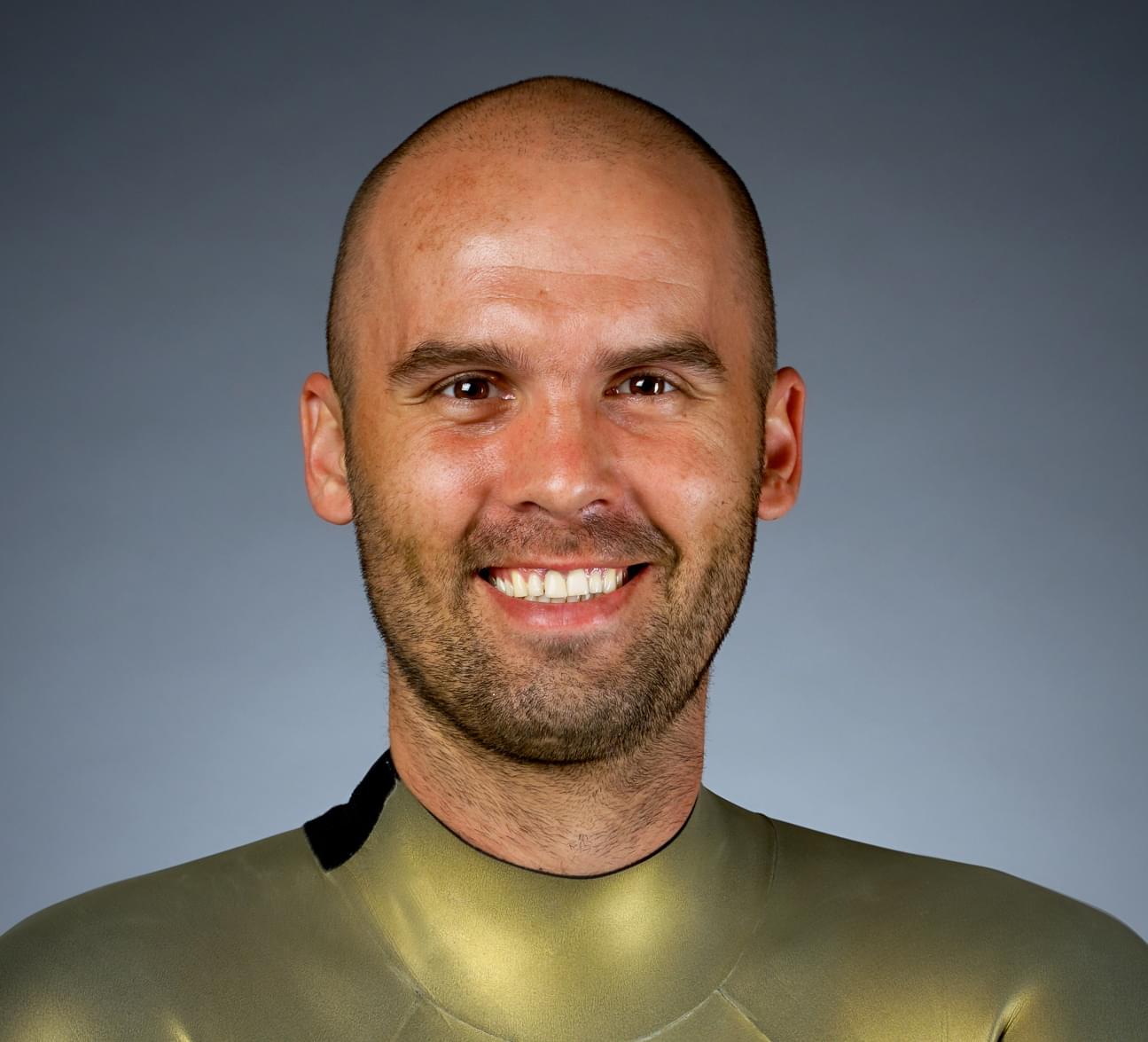ATTENTION: Freedivers, Spearos and Breath-Holders,I've created a free online course for the freediving and spearfishing industry
DISCOVER THE TRUTH ABOUT SHALLOW WATER BLACKOUT AND HOW TO REDUCE YOUR RISK INISDE MY FREE SAFETY COURSE
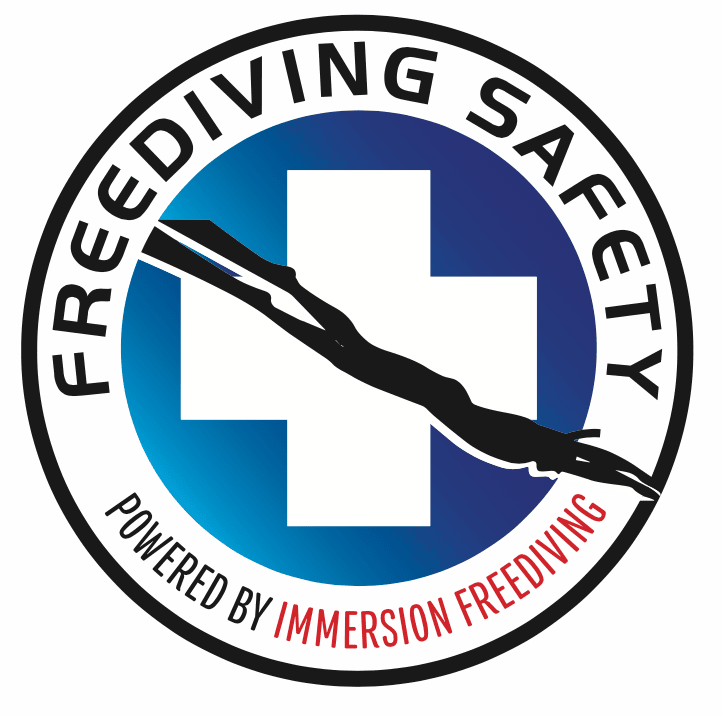
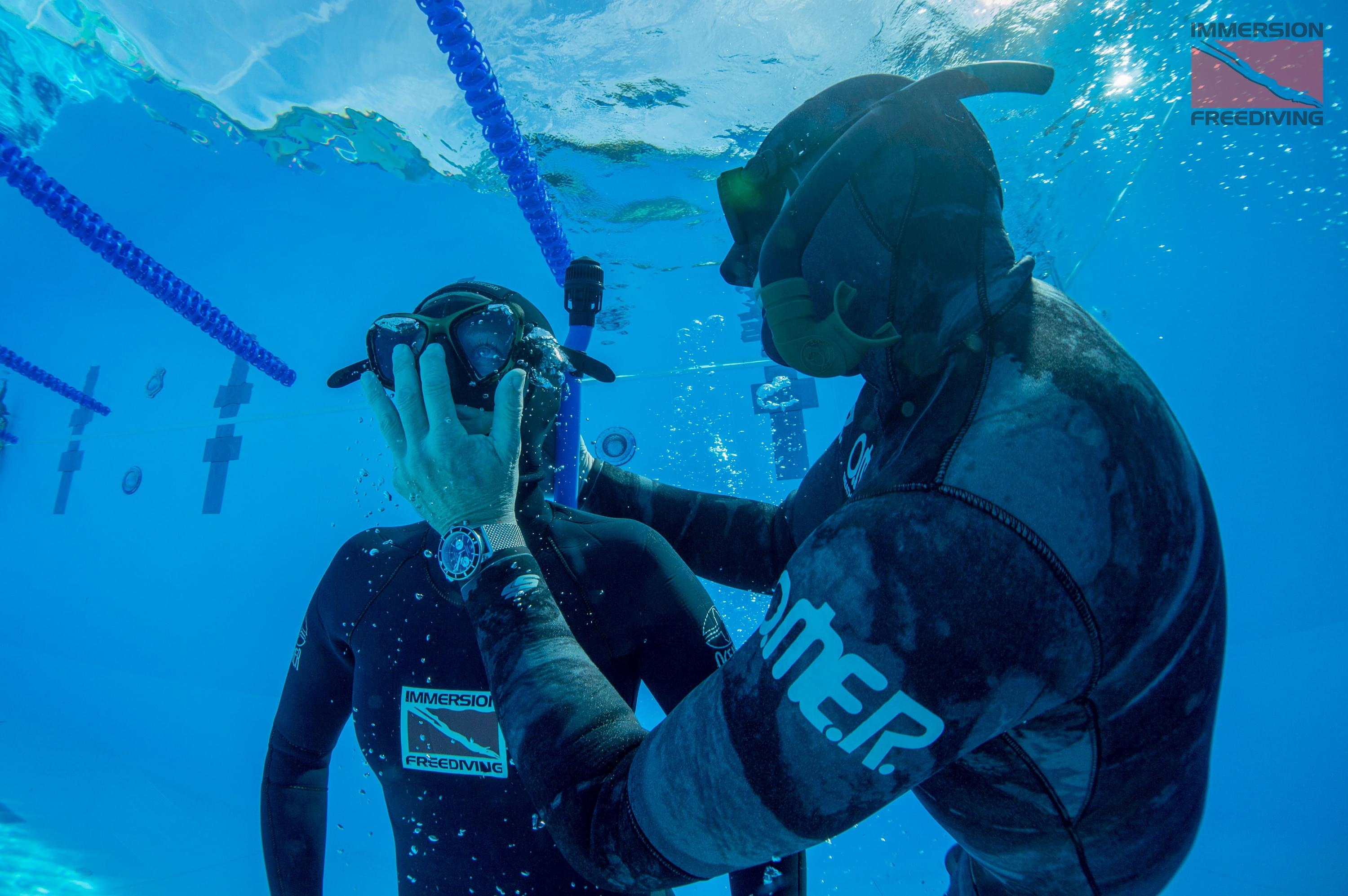
"I want to do more to stop the needless fatalities from shallow water blackout than any other person on the planet."- Ted Harty
WHAT WILL YOU LEARN?
3 FUNDEMENTAL SAFETY PRINCIPLES
In less than 90 minutes you can learn how to save your buddies life from a blackout.
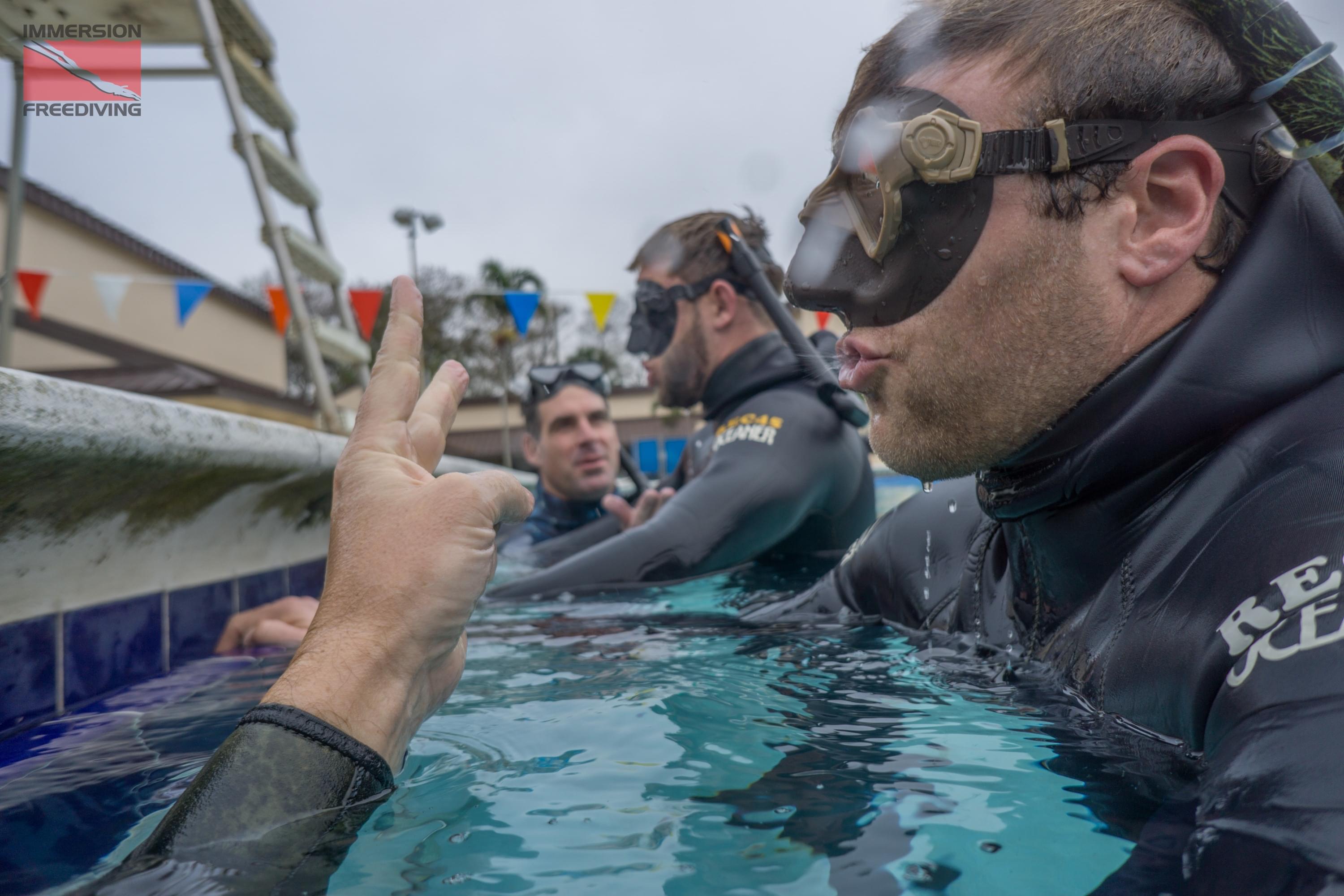
Principle #1
How to reduce your risk of a blackout
You will learn specfic type of "recovery breaths" pionered by Kirk Krack the founder of Performance Freediivng.
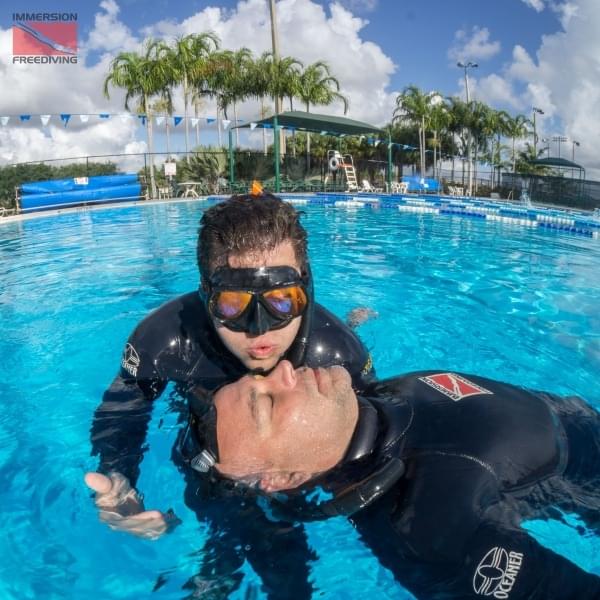
Principle #2
How to rescue your buddy from a blackout
The most important skill you can learn as a freediver. If your buddy has a blackout you NEED to know what to do.

Principle #3
What is a steath blackokut?
You will learn that blackouts can come with out warning espiaclly when coming up from a dive in the ocean.
If the Discovery Channel, Tim Kennedy, Ben Greenfield, a SEAL Instructor, Cartoon Network, and the CEO of Twitter trust me to work with them....why wouldn't you?
Creator of FreedivingSafety.com
Ted Harty
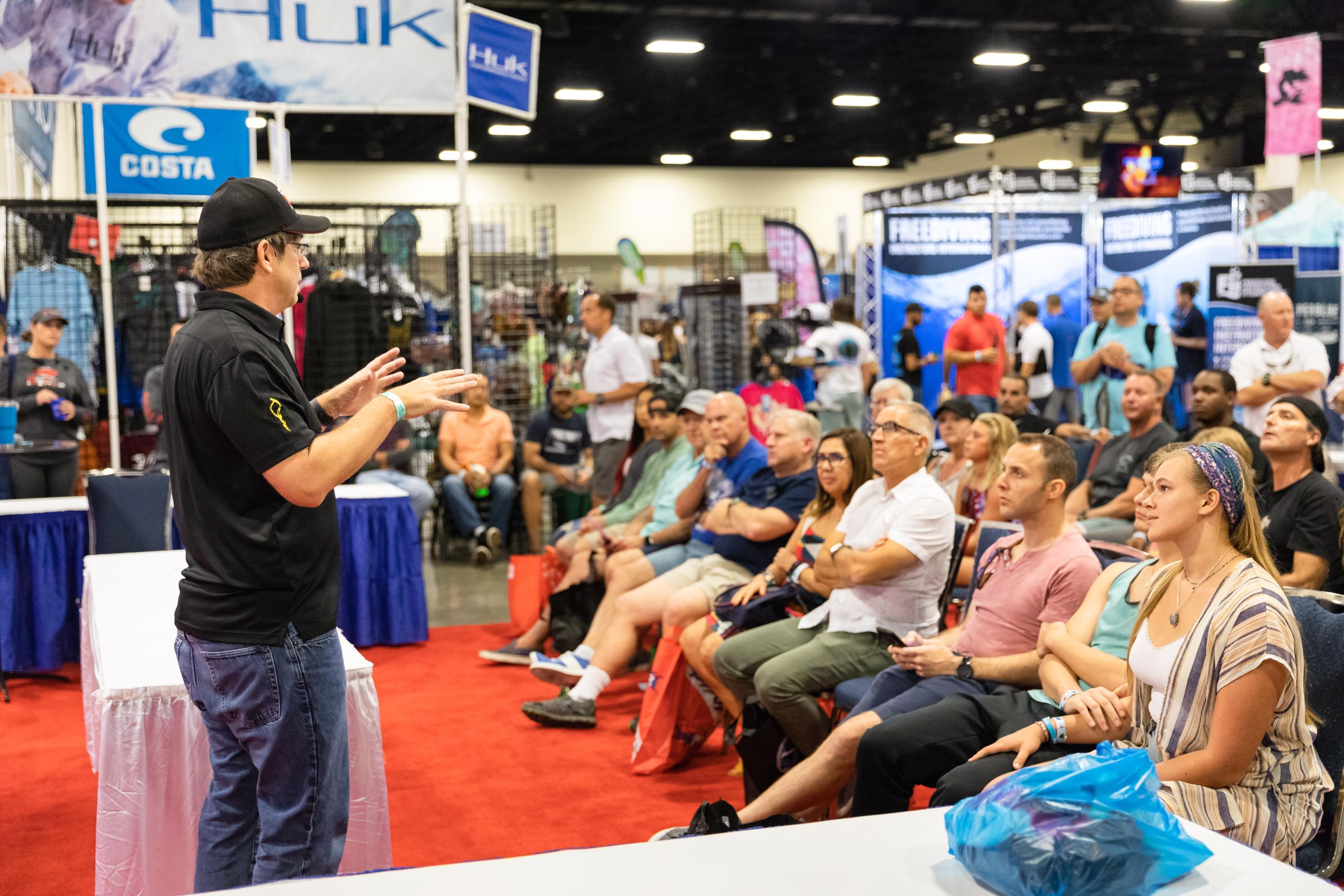
My name is Ted Harty. I'm the founder of Immersion Freediving. My deepest freedive is 279ft, my longest breath hold is 7 minutes, and I'm a past USA Freediving Record Holder.
As a Performance Freediving Instructor Trainer since 2009, I've worked
with some fantastic people over the years.
Appeared on the Discovery Channel with Tim Kennedy.
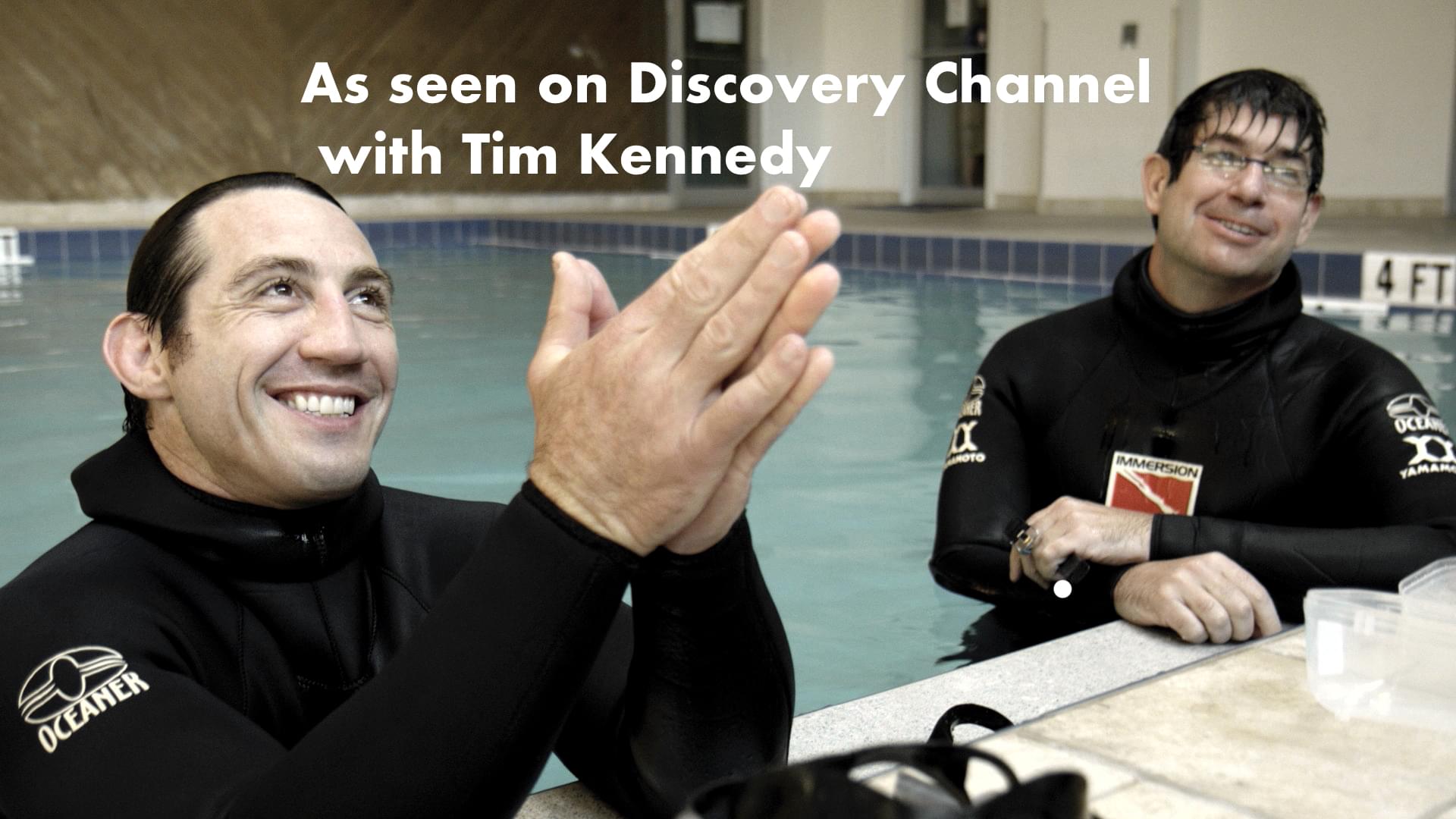
Worked with Jack Dorsey CEO of Twitter.

Trained Ben Greenfield and appeared on his podcast twice.

Why I created FreedivingSafety.com
I won this award for promoting freediving safety. I used this check to build and launch FreedivingSafety.com two weeks later.


